NFT market buzz is waning. But 6 crypto startup founders believe there is still a future for them. To them, NFTs will eventually replace event tickets and inspire the next Disney. Here are the predictions of the market leaders…
The excitement for the NFT market is not completely over
As you follow on Kriptokoin.com, more than a year after a skit on ‘Saturday Night Live’, Non Fungible Tokens (NFT) entered the pop-culture consciousness. However, only a small group of people actually have one of these. According to Web3 security company Chainalysis, in the first quarter of 2022, less than a million crypto wallets bought or sold NFT.
Even some of the biggest advocates of NFTs agree that for adoption, tokens need to become more useful. Currently, they are primarily used as social media profile pictures or PFPs. But the excitement over NFTs isn’t entirely over. Metaplex, a company that makes tools for NFTs based on the Solana Blockchain, recently announced that it had surpassed $3 billion in NFT sales in its first year. It also announced that certain market places like Magic Eden are growing.
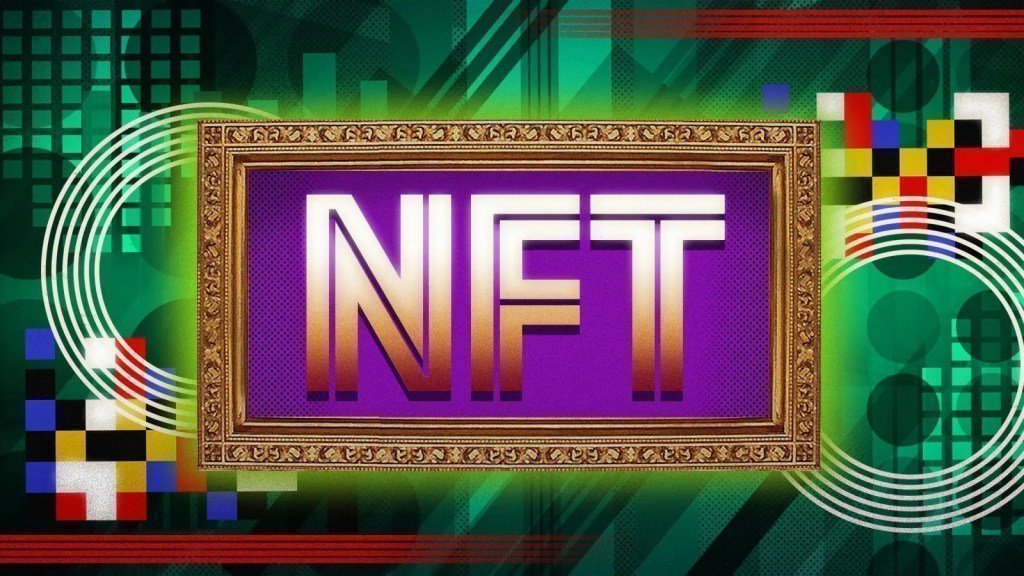
Predictions for the future of NFTs
Offering real-world advantages
The number one prediction made by the Web3 founders is that NFTs will be of greater importance not only in the digital world, but also in the physical world. Recent crypto conferences like Consensus and NFT.NYC contain plenty of references to ‘utility NFTs’ that give holders access to benefits. For example, during NFT.NYC, those with NFTs from the World of Women collection gained access to Madonna’s surprise concert at the Pride celebrations.
Jeany Ngo, co-founder of NFT creation platform Kairos, gave a statement. Ngo says, “With all these giant projects, you’re starting to see things beyond the art itself. It has to be something delivered for value,” he says.
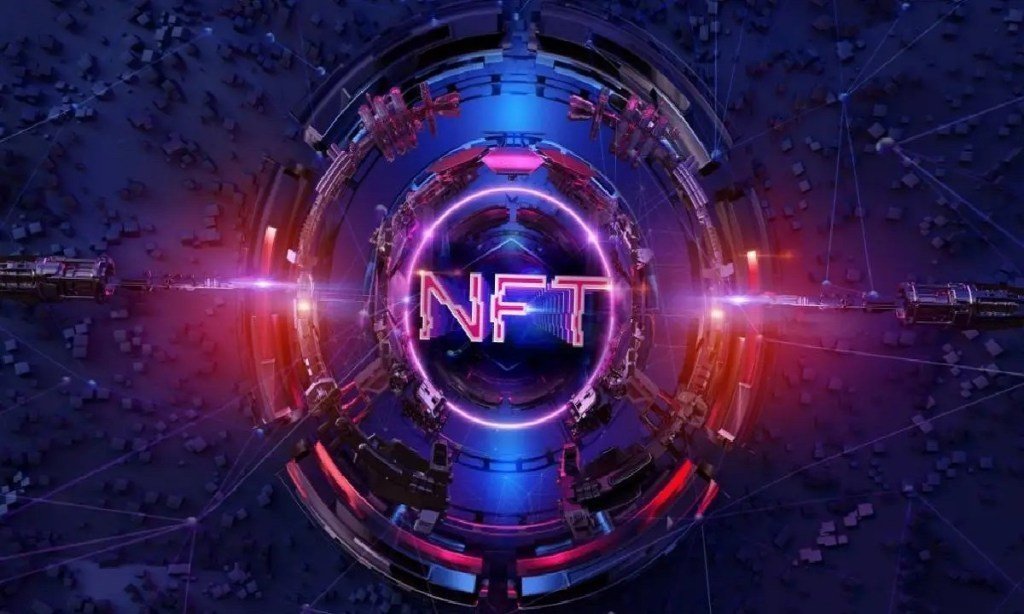
Enabling fans to cash out prizes on their own terms
Loyalty programs are not a new concept. However, Kevin Chou, managing director of SuperLayer, which offers tools to build crypto-based communities for fans of artists, says NFT holders have the ability to sell their tokens should they lose interest in collecting rewards. This is different from frequent flyer miles, which, for example, are used to purchase trips on a particular airline, which are usually not exchangeable for cash.
It is also possible for NFTs to be viewed publicly to demonstrate membership in a particular community. Certain collections, such as the Bored Ape Yacht Club, have lent their seal. As a result, Chou says, NFT arrangement of venues and entertainment may become more common in the future, instead of traditional tickets. “It becomes part of your identity for the things you truly care about,” Chou says.
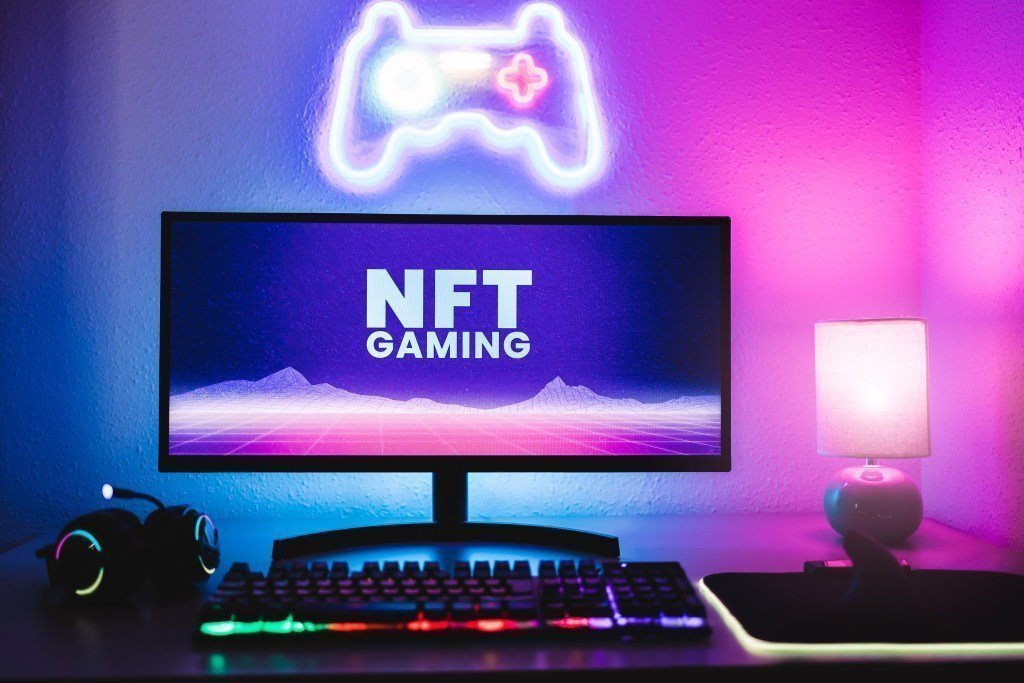
Leading the next generation of gaming companies
NFTs have already been embraced as a showcase for digital art. Now, some companies are turning their attention to NFTs as gaming platforms. NFT gaming enthusiasts cite the potential for players to showcase their purchased assets in other areas outside of the games they were purchased for. It is also possible to buy, sell and trade these NFTs from other players.
NFT market Magic Eden leans heavily on this concept. Earlier this month, it announced the launch of Magic Ventures. Traditional game companies are also trying to enter this space. Epic Games, for example, previewed the first Web3 game in June. Jack Lu, co-founder and CEO of NFT marketplace Magic Eden, says:
There are some independent studios and even graduates from these studios who started companies. These people are truly exploring the limits of innovation in using Web3 technology to make these games.
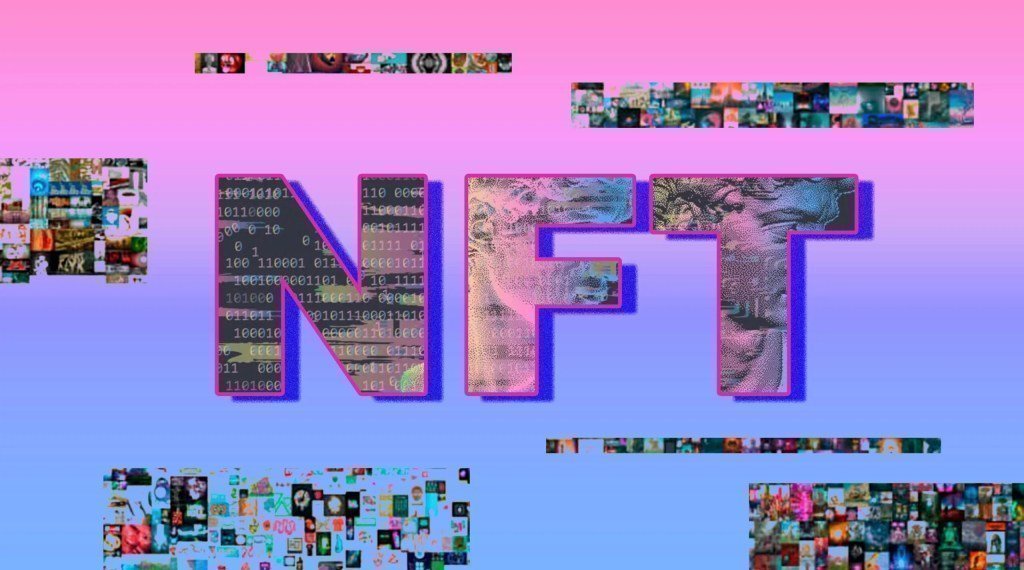
Inspiring the next Disney
Anatoly Yakovenko, co-founder of Solana Blockchain, says he believes NFTs will inspire new forms of entertainment. Yuga Labs, the parent company of Bored Ape Yacht Club, has already hinted at such a direction. He started playing games on the Metaverse. Additionally, Universal Music acquired Bored Ape with the aim of creating an NFT-based musical action.
It’s possible that other popular NFT collectibles, such as Okay Bears, are heading in a similar direction, according to Yakovenko. “If you imagine there is a chance for the next Marvel or Disney to be created in the next 10 years, it will probably come from NFTs,” Yakovenko says.
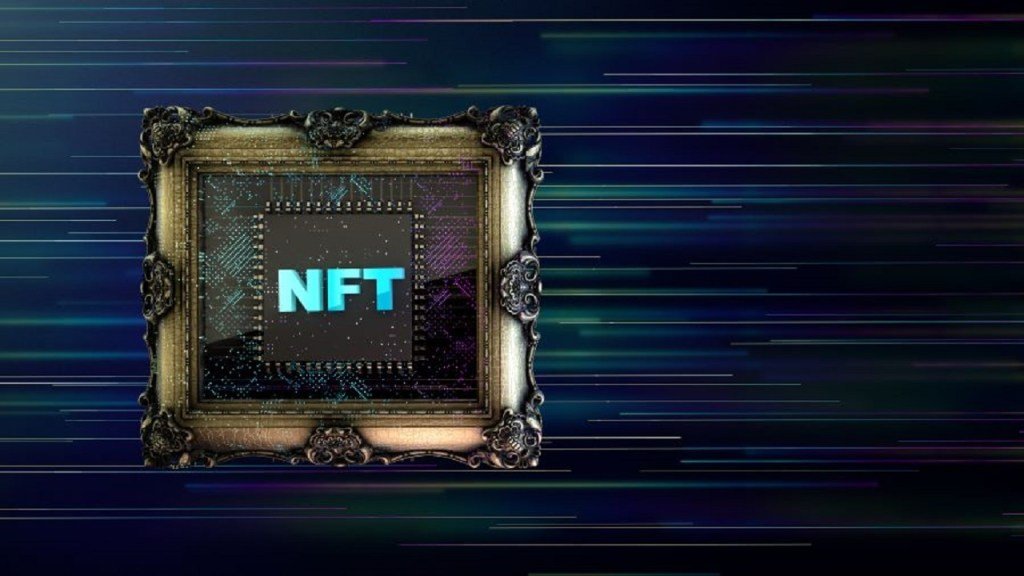
Securing a real ‘smart contract’
One of the key features of blockchains is that they create a public, immutable log of every transaction that takes place on it. This is the basis of what is known as a smart contract, which uses code to perform a series of operations. Real-world implementation of smart contracts is possible, according to some crypto enthusiasts. For example, it can pave the way for streamlining processes such as buying a house or car. Instead of requiring tons of paperwork, the terms of the contract will be written to the Blockchain.
Rarible co-founder Alex Salnikov says NFTs can be a convenient way to send and store these contracts. Salnikov is pretty confident that 10 years from now there will be home and mortgage NFTs.
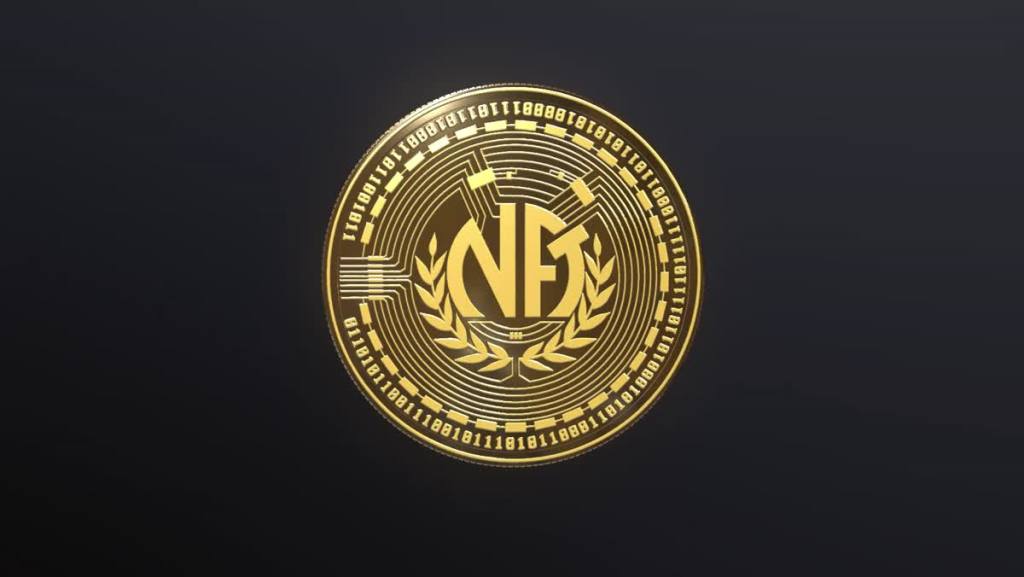
Empowering insurance companies and other businesses
ConsenSys makes tools for developers to build Ethereum-based applications. According to Joseph Lubin, CEO of ConsenSys, this “smart contract” capability ultimately enables NFTs to provide the foundations for independent businesses operating outside the terms of this code. An example that Lubin offers is insurance. He explains his views on this matter as follows:
NFTs are based on parameters set through smart contracts. In this way, it is possible to ensure that claims for compensation are automatically repaid. An NFT can be an entire business on its own.